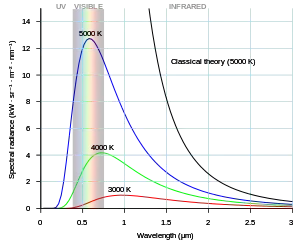I assume a simple set up (hope to generalize it later)... suppose there is a position pdf (need not be position but any) (probability density function) which is the magnitude of a $\Psi(x)$ predicted by QM (lets call it P_quantum) and let there be a classical prediction pdf (P_classic), according to CP, for large quantum numbers, P_quantum agree with P_classic in an average sense, but my question is for suppose, what if it agress to converge to P_classic(x) in pointwise convergence, while still explaining all the microscopic things like hydrogen atom..blah blah, what would that mean philosophically? for example see Particle in a 1-D box and the correspondence principle
For supose What if classical mechanics originate from QM in a classical sense ( it currently does in only statistical sense) but still explaining all the microscopic things like Hydrogen atoms, atomic spectra etc..., what would that mean?
Right now they converge only in statistical sense, hence they say you need not converge pointwise as anyway you lack measuring device at that microscopic level for macroscopic things. What if they did converge pointwise, would that mean the lack of measuring device argument disappear from the QM scene?
